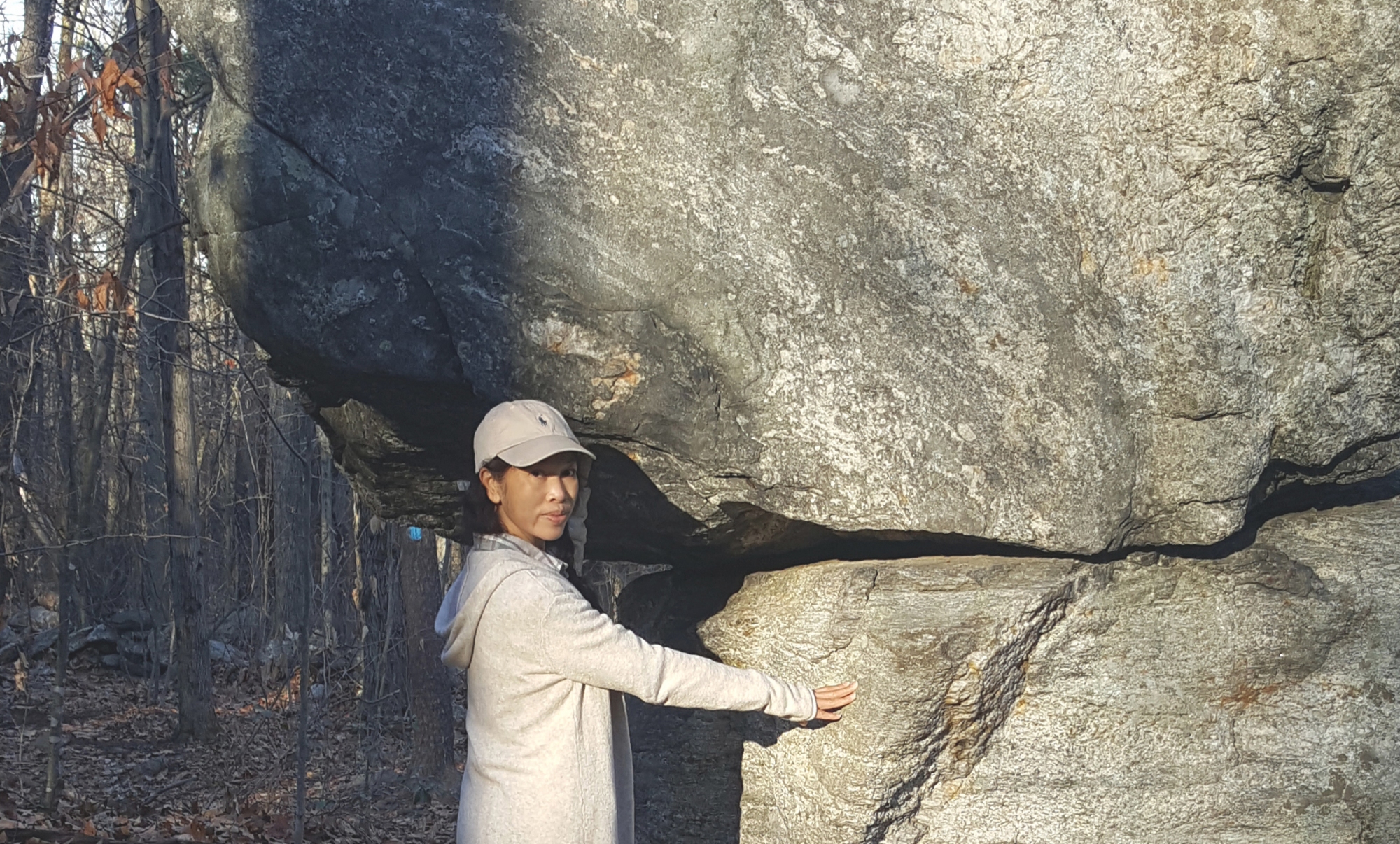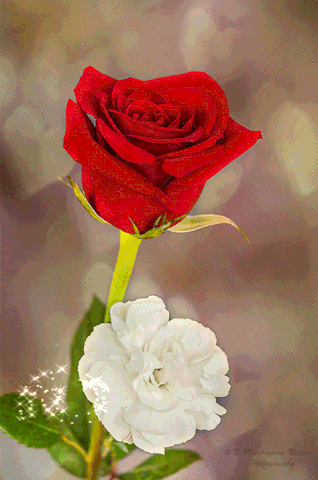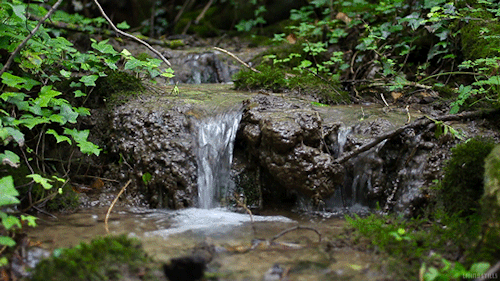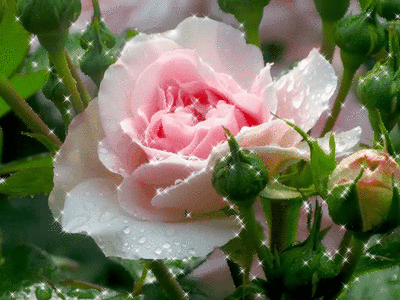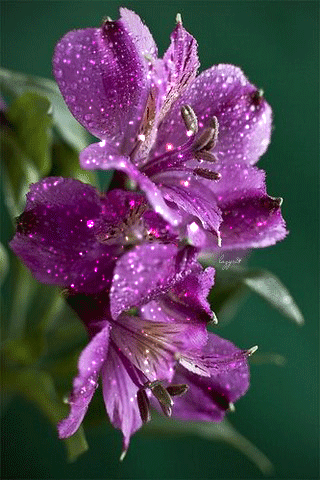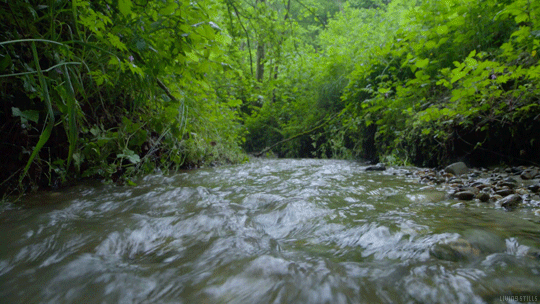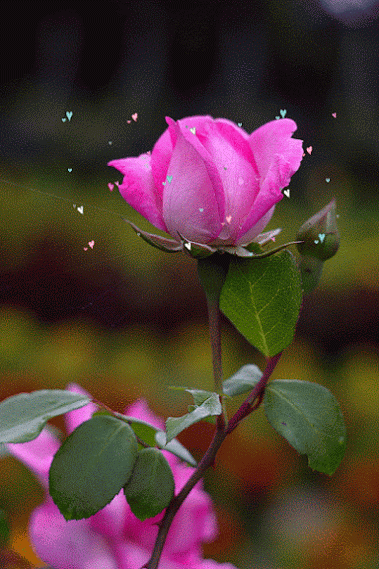
Verse 125: If one wrongs a person who should not be wronged, one who is pure and is free from moral defilements, viz., an arahat, the evil falls back upon that fool, like fine dust thrown against the wind.
The Story of Koka the Huntsman
While residing at the Jetavana monastery, the Buddha uttered Verse (125) of this book, with reference to Koka the huntsman.
One morning, as Koka was going out to hunt with his pack of hounds, he met a bhikkhu entering the city for alms-food. He took that as a bad omen and grumbled to himself, “Since I have seen this wretched one, I don’t think I would get anything today,” and he went on his way. As expected by him he did not get anything. On his way home also he again saw the same bhikkhu returning to the monastery after having had his alms-food in the city, and the hunter became very angry. So he set his hounds on the bhikkhu. Swiftly, the bhikkhu climbed up a tree to a level just out of reach of the hounds. Then the hunter went to the foot of the tree and pricked the heels of the bhikkhu with the tip of his arrow. The bhikkhu was in great pain and was not able to hold his robes on; so the robes slipped off his body on to the hunter who was at the foot of the tree.
The dogs seeing the yellow robe thought that the bhikkhu had fallen off the tree and pounced on the body, biting and pulling at it furiously. The bhikkhu, from his shelter in the tree, broke a dry branch and threw it at the dogs. Then the dogs discovered that they had been attacking their own master instead of the bhikkhu, and ran away into the forest. The bhikkhu came down from the tree and found that the hunter had died and felt sorry for him. He also wondered whether he could be held responsible for the death, since the hunter had died for having been covered up by his yellow robes. Continue reading →


